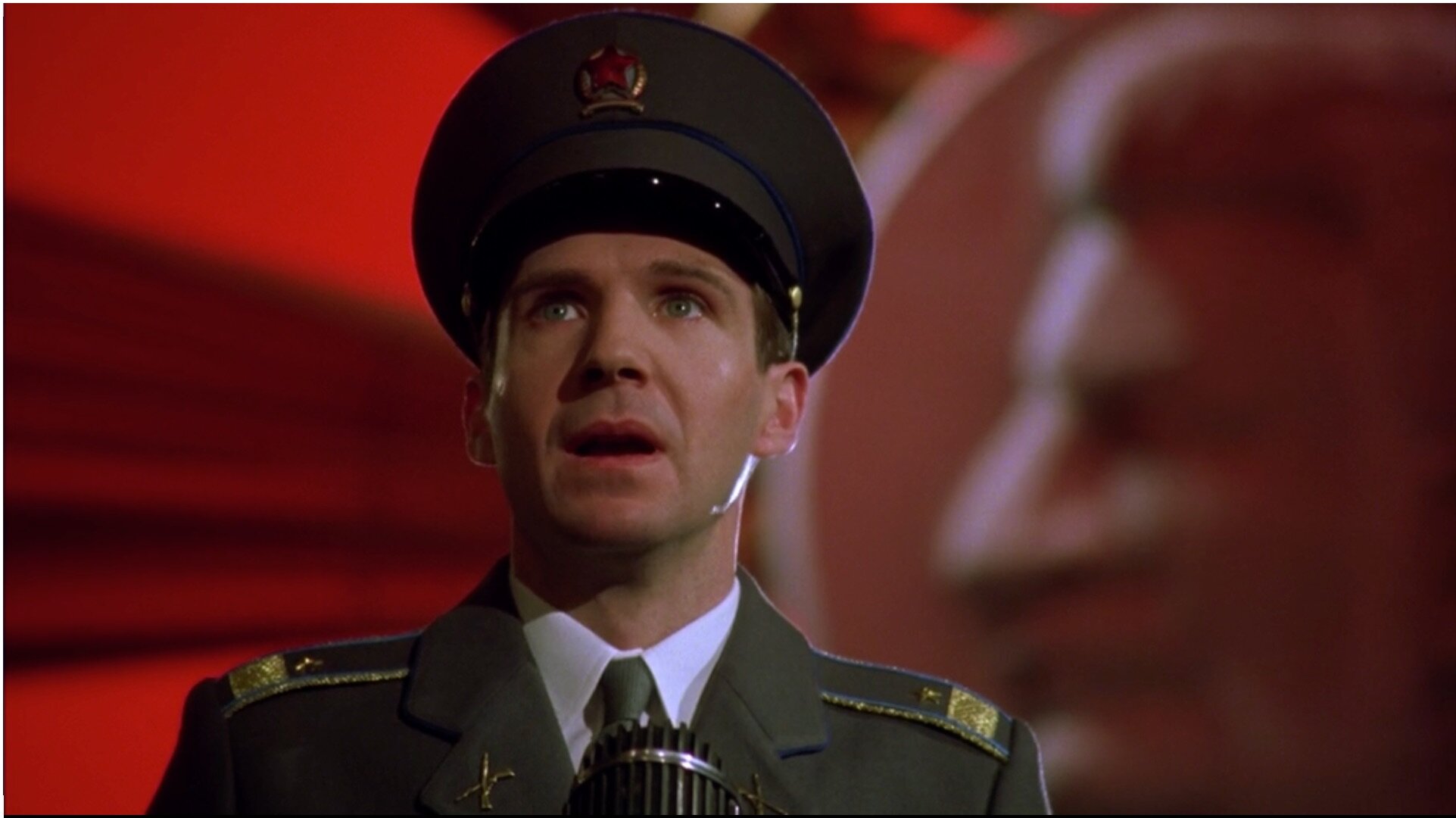When story and format fail to understand one another, you get Sunshine. This 3-hour-long journey attempts to show the lives of 5 generations of Hungarian Jews. The only way to accomplish such a monumental amount of story? A 3-hour run time and a LOT of exposition. Not only does this film have a voiceover, but nearly every second word uttered from our characters’ mouths is explanatory.
How can you possibly tell love stories across 5 generations involving 6+ characters? People must speak like this: “I love you. I’ve always loved you.” “You never loved me. I seduced you, it was easy, you were weak. Why? Because you were my brother.” Oh yeah, did I forget to mention that one of these love stories involved an adopted cousin? Charming stuff. They also had Ralph Fiennes play 3 generations of the same family line. This was an interesting concept but a lack of investment in developing rich identities for each character lands it as a failed experiment. Time travelling Voldemort if you will.
There are many ways to tell a story. Invariable combinations of style and structure to convey universal experiences, ideas and quandaries. The best screenplays distill, refine, distill and refine again. They do this because they know the screen is unforgiving, its limits are severe. So they chip and chip away until they know for certain every line of dialogue serves a beat, every beat serves the scene, and every scene finds our character in one state of mind and has them exit in another. These growths and regressions craft character arc, and this arc should dance a ballet with the narrative so that we find ourselves caught in a forward charge of dramatic momentum. People deserve to be rewarded for paying attention.
The only throughline between the men and women of these 5 generations is that 2 generations of them fell in love with their own cousin. 3 other generations decided to have relations with either their siblings’ husbands or siblings’ wives, and at its most tame, simply the wife of a stranger. Later in the film, we have a wonderfully cute dinner scene wherein the uncle of our current protagonist makes a comment at his grandmother’s breasts. “Are you worried I might seduce your grandmother?” the uncle actually says. At this point, of course, the screenwriter is busily tying his erection down with a belt, it keeps hitting his keyboard. “Nothing would surprise me in this family,” replies Ralph Fiennes, the Dark Lord. The table erupts into laughter, as did I. Because nothing says funny like incest in a Holocaust picture.
There’s as much care to storytelling in this film as Homer Simpson’s makeup shotgun. My experience was similar to hers.

